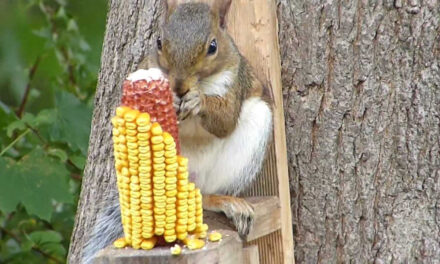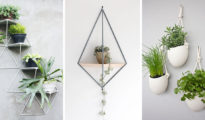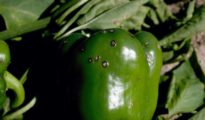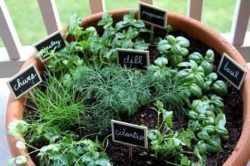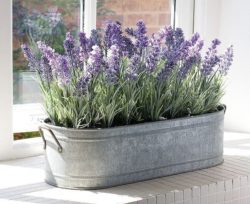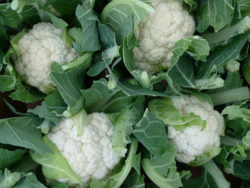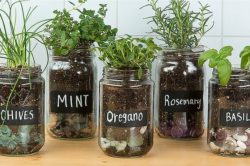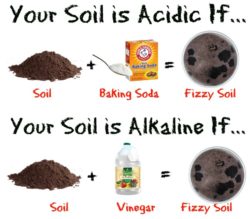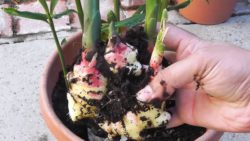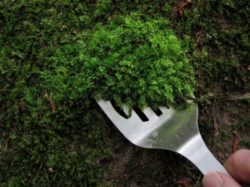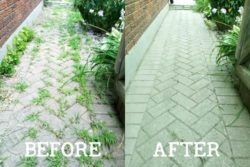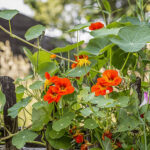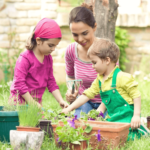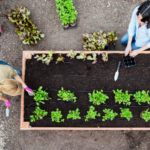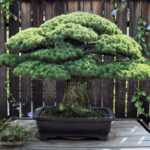Gardening is not just about cultivating plants; it’s a therapeutic act of nurturing and bonding with nature. Just as an artist requires their brushes and a chef their knives, gardeners too need their set of tools to facilitate this connection and make the task more efficient. Whether you're a seasoned gardener or someone who's just starting out, having the right tools can make all the difference. In this post, we’ll delve into the essential gardening toolkit that every gardener should possess.
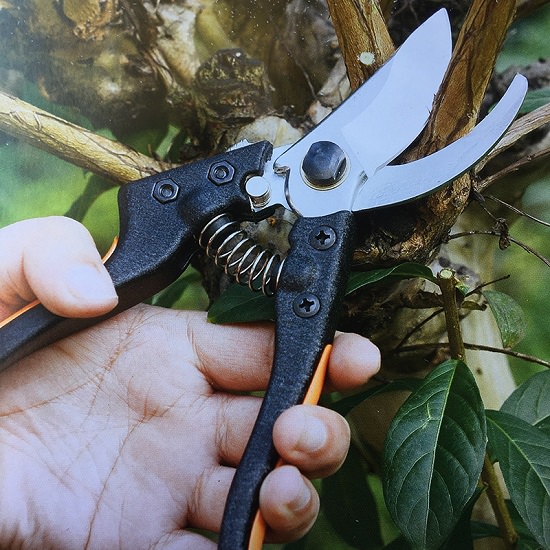
Must Have Essentials for Gardening
1. Gloves:
First and foremost, protect your hands! Gardening can be tough on them, with all the digging, pruning, and handling of coarse materials. A good pair of gloves will shield you from thorns, splinters, and other potential irritants. Choose ones that fit well and are made of breathable material so your hands won’t get too sweaty.
2. Hand Trowel:
For planting, transplanting, and even some weeding tasks, a hand trowel is a gardener's best friend. Opt for one with a robust metal blade and a comfortable grip.
3. Pruning Shears:
Also known as secateurs, these are essential for trimming and shaping plants, cutting back overgrowth, and removing dead or damaged foliage. They come in various sizes for different tasks, but a good quality, sharp pair will ensure clean cuts that don’t harm plants.
4. Garden Fork:
Used for loosening, lifting, and turning over soil, a garden fork is more effective than a spade in heavy clay-based soils. Its tines can pierce the soil without turning it over, preserving its structural integrity.
5. Spade:
A spade is a must-have for digging holes, edging, and transferring soil. It has a sharp, flat blade which is perfect for cutting into the ground. Look for one with a sturdy handle and a comfortable grip.
6. Rake:
Essential for clearing leaves and debris, leveling soil, and spreading mulch or compost. Garden rakes have robust, short teeth, whereas leaf rakes are fan-shaped and more flexible.
7. Hoe:
There are various hoes designed for different tasks – from weeding to making planting trenches. A Dutch hoe, for example, is great for weeding between plants and rows.
8. Watering Can:
For gentle watering of young plants and targeted watering of pot plants, a watering can with a detachable rose (the spout with little holes) is indispensable.
9. Garden Hose with Adjustable Nozzle:
For larger gardens, a hose becomes necessary. An adjustable nozzle allows for various water pressures, from a fine mist for delicate plants to a stronger stream for cleaning paths.
10. Wheelbarrow:
For transporting soil, compost, garden waste, and even tools, a wheelbarrow is a back-saver. Depending on your garden's size and your physical capabilities, select a size and material that works best for you.
11. Garden Knife:
A versatile tool used for various tasks like cutting string, taking cuttings, and even digging out weeds. Some gardeners swear by the hori hori, a Japanese garden knife that's exceptionally versatile.
12. Soil pH Tester:
Knowing your soil’s pH can help you understand what plants will thrive in your garden and how to amend the soil for others. Simple testers can give you a basic reading, but digital ones might offer more accuracy.
13. Garden Twine:
For staking plants, training climbers, or even just tying back an overenthusiastic shrub, a roll of garden twine is always handy.
14. Compost Bin:
Gardening is not just about planting; it's about sustainability. A compost bin allows you to recycle organic waste and create nutrient-rich compost to enrich your soil.
This list isn't exhaustive, and as you delve deeper into gardening, you'll find specific tools tailored for unique tasks. However, with these basics in your toolkit, you're well-equipped to embark on most gardening adventures. As with all tools, investing in good quality products and maintaining them properly ensures longevity and efficiency. Happy gardening!


